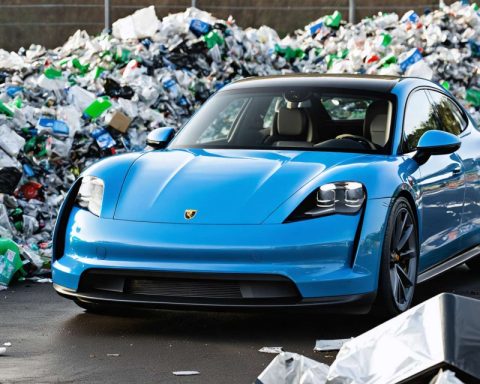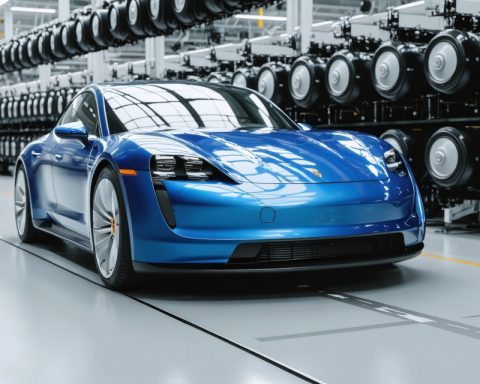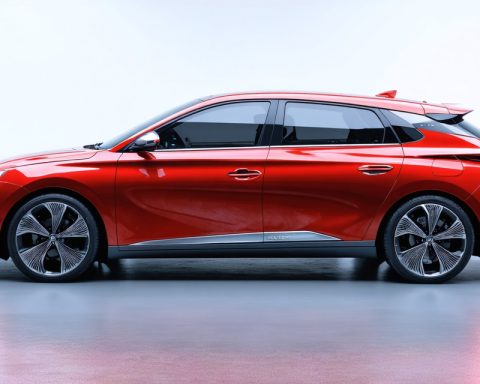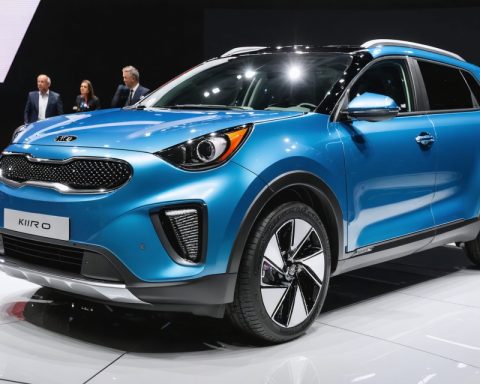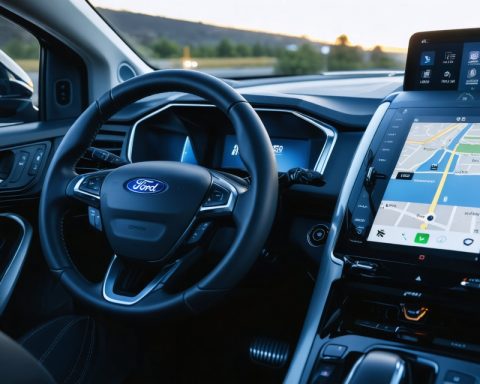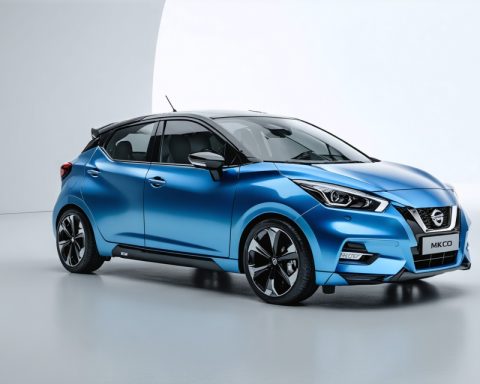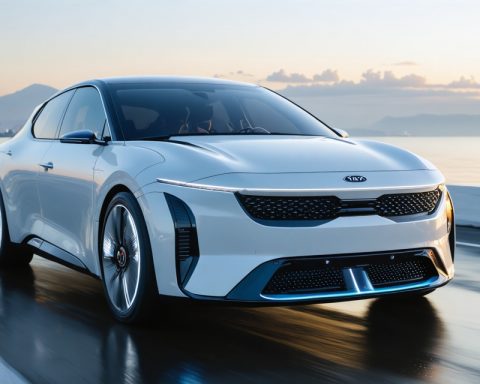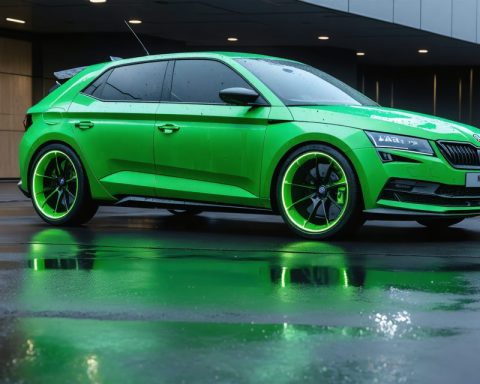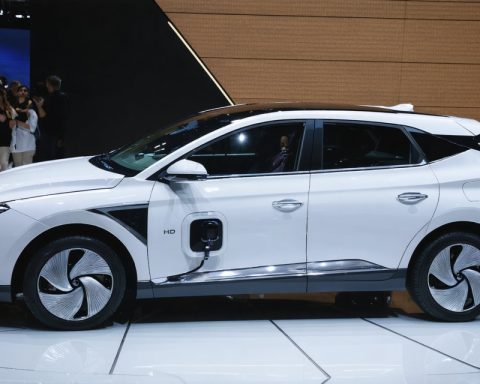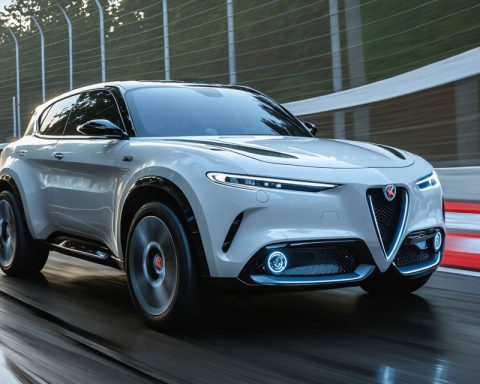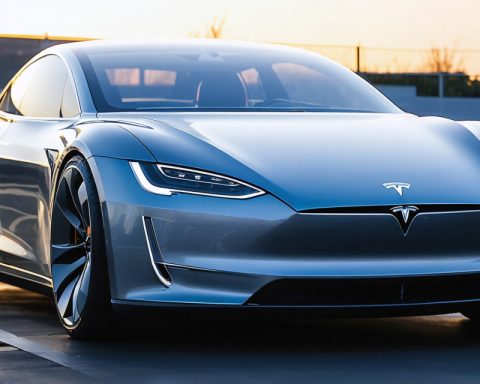- Porsche is enhancing its sustainability efforts with a new EV battery recycling pilot project aimed at creating a closed-loop ecosystem.
- The initiative focuses on reclaiming valuable materials like nickel, cobalt, manganese, and lithium from used high-voltage batteries.
- This project represents Porsche’s broader commitment to reducing reliance on new mineral mining and minimizing its carbon footprint.
- The recycling process involves mechanically shredding retired batteries into “black mass” and purifying these resources for reuse.
- Germany’s engineering excellence supports Porsche’s multi-phased recycling approach, aligning with Europe’s future regulatory goals.
- Porsche’s initiative not only conserves resources but also advances the brand’s sustainability and luxury credentials in the industry.
- The project illustrates a significant step toward Porsche’s electrified and sustainable future, aligning with their “reduce, reuse, recycle” ethos.
Porsche, the iconic German marque synonymous with speed and precision, is steering toward a greener future with a groundbreaking initiative that could reshape the automotive industry’s environmental footprint. The brand, renowned for its engineering prowess, is now pioneering a promising turn in sustainability with its new electric vehicle (EV) battery recycling pilot project, showcasing a visionary commitment to creating a closed-loop ecosystem.
Envision a world where the gleaming performance of a Porsche is not only measured by its swift acceleration but also by its contribution to a planet-friendly cycle. This project emerges as a bold step as Porsche sets its sights on reclaiming the valuable raw materials housed within its EVs’ high-voltage batteries, an endeavor designed to minimize reliance on the carbon-intensive process of new mineral mining.
The company has swiftly embraced the electric revolution, with the Porsche Taycan emerging as a shining example of its all-electric ambitions. Now, through a new phase of eco-innovation, the brand tackles the critical issue of what happens at the end of a battery’s life. It’s not just about speed and luxury anymore; it’s about leading the charge in responsible sustainability.
With Germany’s reputation for engineering excellence bolstering its efforts, Porsche is presenting a multi-phased approach to this recycling endeavor. In the pilot’s opening act, the retired batteries from EVs are shredded mechanically, transforming into what insiders refer to as “black mass.” This material holds precious resources—nickel, cobalt, manganese, and lithium—that are otherwise trapped in depleted batteries.
As the journey progresses, the black mass undergoes a high-tech purification process, restoring these elements to a standard befitting Porsche’s renowned quality. Imagine new battery life being breathed into once-spent materials, like a modern alchemist’s quest for green gold. By closing the loop, Porsche not only redefines the lifecycle of its batteries but also embodies a “reduce, reuse, recycle” mantra at a level that furthers its sustainability credentials.
The impact of this initiative extends beyond mere environmental considerations; it positions Porsche to adeptly navigate impending regulatory landscapes, particularly with Europe’s ambitious goals for 2031 just over the horizon. By paving the way with recyclable materials and eco-strategic foresight, Porsche is setting a powerful precedent for what a future of sustainable luxury could entail.
For automotive enthusiasts and environmentalists alike, this forward-looking venture underscores a crucial takeaway: the road to an electrified and sustainable future can be as exhilarating as any other drive. Thus, Porsche’s commitment to the circular economy isn’t just about conserving resources—it’s a race toward redefining what it means to be a leader in the modern automotive landscape.
Porsche’s Green Revolution: How Their EV Battery Recycling Initiative is Transforming the Auto Industry
The Shift Towards Sustainable Luxury: Porsche’s Green Initiatives
Porsche, a stalwart in German engineering, is making significant strides in the sustainable automotive industry with its recent EV battery recycling pilot project. The initiative serves as a cornerstone of Porsche’s commitment to an environmentally conscious business model, targeting both ecological impact and regulatory compliance.
Unveiling the Porsche Battery Recycling Project
– Closed-Loop Ecosystem: Porsche’s initiative seeks to create a closed-loop system, minimizing environmental impact by reclaiming valuable materials like nickel, cobalt, manganese, and lithium from used electric vehicle (EV) batteries. According to Porsche, this not only preserves natural resources but also reduces reliance on mining activities that have considerable carbon footprints.
– State-of-the-Art Process: The recycling project employs a method where spent batteries are shredded into a “black mass” which undergoes purification. This high-tech process refines the materials back to a quality standard necessary for remanufacturing new batteries, aligning with Porsche’s reputation for excellence.
Addressing Industry Challenges
– Regulatory Compliance: With the European Union setting ambitious sustainability goals for 2031, Porsche is proactively aligning its processes to meet these standards. Their initiative could serve as a benchmark for other automotive companies.
– Environmental Impact: By recycling batteries, Porsche aims to significantly cut down the environmental burden associated with mining and manufacturing new batteries, thus curbing carbon emissions and conserving natural resources.
Real-World Applications
– How-To Recycle EV Batteries: Although Porsche’s project is a pilot, it provides a potential blueprint for other automotive manufacturers. To implement a similar program:
1. Establish Infrastructure: Develop facilities for collecting and processing used batteries.
2. Technological Investment: Invest in technology for efficient shredding and refining processes.
3. Partnerships: Collaborate with recycling specialists to ensure best practices.
– Market Forecasts & Industry Trends: Analysts predict a significant boost in recycled material’s market value as demand for sustainable EV solutions rises. This could lead to cost reductions in battery production and overall vehicle pricing.
Challenges and Limitations
– Technological Barriers: The complexity of efficiently separating and purifying materials from black mass continues to be a technical challenge, necessitating ongoing research and development.
– Scalability: While the pilot project is groundbreaking, scaling the process industry-wide is essential to achieving substantial impact.
FAQs
– Why is battery recycling important for sustainability? Battery recycling minimizes the need for new mineral extraction, reducing environmental impact and promoting resource conservation.
– What makes Porsche’s approach unique? Their integrated process combines advanced technology with sustainability, aiming to transform waste into high-quality materials for new batteries.
Quick Tips for Eco-Conscious Consumers
– Support Brands with Green Initiatives: When purchasing vehicles, consider brands that prioritize sustainable manufacturing and recycling practices.
– Stay Informed: Keep abreast of advancements in sustainability from reputable sources in the auto industry to make informed decisions.
For more on Porsche’s initiatives and innovations in sustainable auto technology, visit [Porsche’s main website](https://www.porsche.com).
By embracing transformative sustainability practices, Porsche demonstrates that luxury and environmental responsibility can indeed coexist, offering a glimpse into the future of sustainable luxury on the road.



